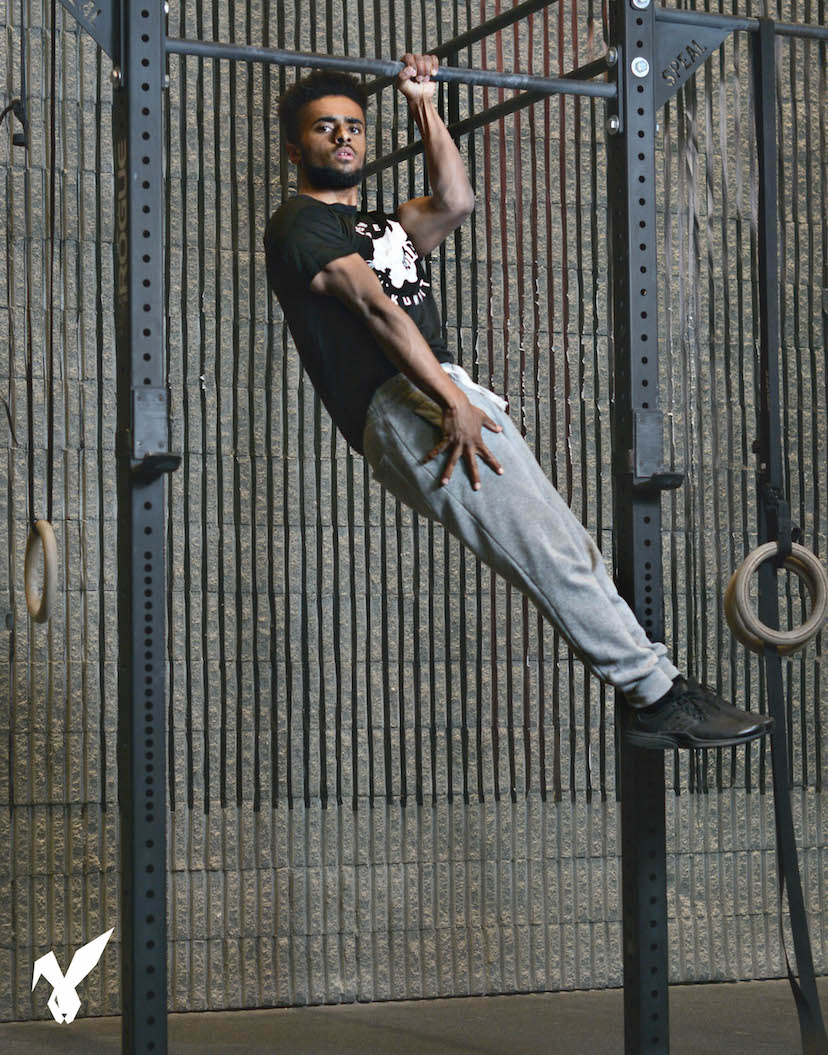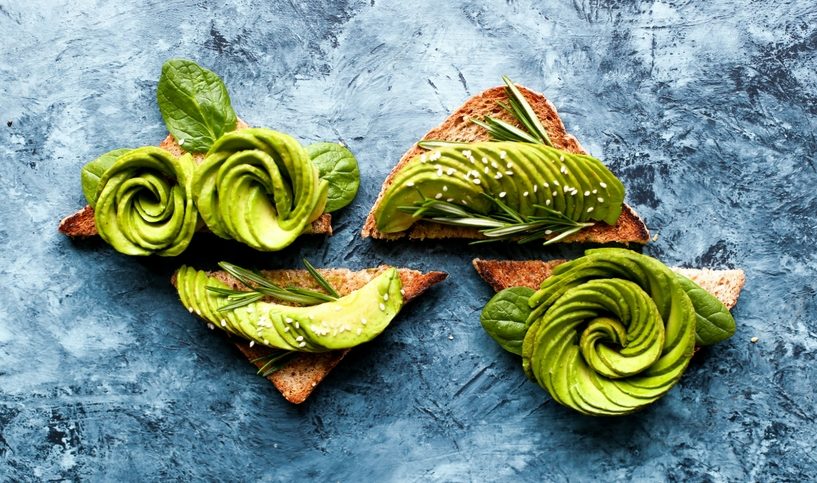Editors note: This post has been updated as of November 2018.
“Vegan” was the buzzword in Kuwait in 2017. It was a year that saw more dedicated vegan eateries open up, restaurants offering clearly labeled vegan options or alternative vegan menus, supermarket shelves stocking more vegan products, mainstream cafes offering dairy-free milk, plant-based cheeses and vegan karak popping up at market stalls and the list of local vegan Instagram accounts and celebrities grew.
It was not like that in 2004, when Dr. Abir Al Sharhan, founder of the Kuwait Vegan Society, returned to Kuwait after her studies in Canada. “Family and friends were telling me you are going to kill yourself. Where do you get your protein from, where do you get your calcium.” she laughingly says.

Dr. Abir Al Sharhan
“My vegan journey was an ethical decision,” she says. “Like many people, I was completely oblivious to what was happening to animals and the impact on the environment. I stumbled upon a vegan outreach pamphlet that described what happens to chickens, cows, and why one should go vegan. It made me go vegan immediately”
Back in Kuwait she noticed a lack of resources in Arabic about how to adopt a balanced, healthy vegan diet and lifestyle. Initially she was hesitant to start an organization to address this gap.
“The responsibility of creating an official group weighed down on me at first” she says.” Concerns like will people say this is ridiculous, this does not belong in Kuwait. But knowing what animals were going through far outweighed my other concerns. At souq al juma’ (Friday market) or souq al ghanam (sheep market) they buy sheep and transport them in the trunk of a car. And if it doesn’t shut they will stuff them in. With the high demand for meat and cheese right now there is no way a thing called humane killing or humane treatment exists because the demand is more than the supply. It has become a conveyer belt. When you start informing people they stand back and accept that you may have a point.”
“It is fear that makes a lot of people anti-vegan, because you have to change your life, you have to change your habits, and you have to answer to people who have a negative idea about vegans,” she says. Her volunteer run and self financed society (she is still dealing with paperwork of registering it as an official group) runs film screenings, social nights, food tastings and educational lectures to educate the public on the positive effects of a vegan diet and produces educational literature in Arabic to help people transition.
“There are some people who come to every event I run and they are not yet vegan but at least they are supportive and they ask questions,” she says.
One of the pioneers of veganism in Kuwait is Ginger, established by sisters Sheikha and Mona Al Arfaj, making it the first vegan restaurant in Kuwait. Tucked on the side of the Muthana complex they have been serving wholesome, tasty plant-based Asian fusion food since 2004.
Mona’s daughter Mariam Alshatti opened her own vegan café in Salmiya, Be Cafe in late 2017 – an oasis of calm by the sea, offering unprocessed, beautifully presented, plant based food and meditation workshops.

Be Cafe
“When I think veganism, I think not just about the food but compassion,” says Mariam, who became vegan while studying in Australia. “Conscious cooking is a big thing for us. Everything is cooked with love. We also want to collaborate with different vegan spaces in Kuwait. Sharing that same vision, we can help Kuwait grow more towards a healthier plant-based lifestyle.” Their Soulful Saturdays are collaborations with different chefs offering vegan versions of dishes featuring a new country every week.
Juna Taki AlAwadhi, founder and owner of Juna’s also prefers the term plant based and although vegan since the age of 12 resisted labeling her food “vegan” at first. “Veganism was not even known in Kuwait when I started and I am not aiming for vegans only, I am aiming for everyone,” she says.

Juna Taki AlAwadhi- Founder of Juna’s Eatery
Juna, who has a degree in Integrative Nutrition Therapy, prepares everything in her kitchen from scratch – all ingredients are cooked, sprouted and dehydrated in house including the flour and bread. “People were happy with that more than anything else. That they are eating clean,” she says.
The dishes are rich and bursting with flavor, including vegan versions of local Gulf cuisine, contradicting the image of vegan food as bland. She has had clients who have been on her meal plans for years including mothers throughout nine months of pregnancy.

Juna’s Eatery Vegan Biryani
“You would be surprised how many people get introduced to this way of eating without even knowing it was vegan and falling in love with it and taking it on as a lifestyle, without the labeling,” she says. “Happy eating is eating something that is good for you, that brings you emotional and mental happiness and that makes your soul happy.”

Juna’s Eatery Brownie
Veganism as a healthy lifestyle choice has found its ambassadors amongst vegan athletes. Reece Dunn, a vegan personal trainer and calisthenics coach at Kuwait’s Burrow gym says vegan athletes offer a new perspective on fitness and an alternative route in an industry where lean meats are often endorsed as essential for building and maintaining muscle and where steroid and supplement use is rife. “There is a certain look people want to achieve. And then they see a vegan doing sports and have the look they are aspiring towards and they are surprised -because it challenges their stereotype of what a vegan looks like,” he says.

Reece Dunn, Photo by Paris Recinto
“Most of the famous calisthenics people are vegan,” Reece says. “ It is a bit of an in joke that if you say you do calisthenics the next question is are you also vegan.”
Reece admits that he became vegan for health reasons when he discovered how the diet kept his energy level high and consistent during competition. “But when I started to research a little bit more about all the environmental and ethical aspects it began to boost my reasoning to do it,” he says.
Reece, who also offers nutritional advice and vegan meal plans to lose weight, or gain muscle says he would never recommend switching to a vegan diet if you were unsure about what to eat.
“If you are going to try and eat leaves all day (which is what most people think a vegan diet is) then you are not going to have a good time and you are not going to portray your experience as well as it could have been if you did the research,” he says.
Juna agrees. “People who don’t know what they are doing give veganism a bad rap because they don’t know the right equation for their bodies”
So is veganism just a “haba” – the Kuwaiti word for trend – of 2017 or will veganism continue to gain acceptance and momentum in 2018?
“If people experiment with veganism and see the positive, long-term effect on their lives it won’t die down but grow,” says Mariam from Be Café.
“If people are doing it now with a purpose it will last, if they are doing it because it is fashionable then we worry. But let’s not worry, let’s be positive” says Juna.
Selected list of Vegan resources in Kuwait
Organizations
Kuwait Vegan Society @kuwait_vegan_society
Vegan website in Arabic: www.veganliterature.com
100% Vegan restaurants
@junaseatery on Instagram or visit https://junas.co/
Flexitarian restaurants with vegan menus
Vegan caterers
Vegan athletes and trainers
Reece Dunn @pranicstrength
Hazel @heyhazelhey
Vegan Kuwait guides
Vegan online shopping
Featured image photo by Brenda Godinez on Unsplash.








